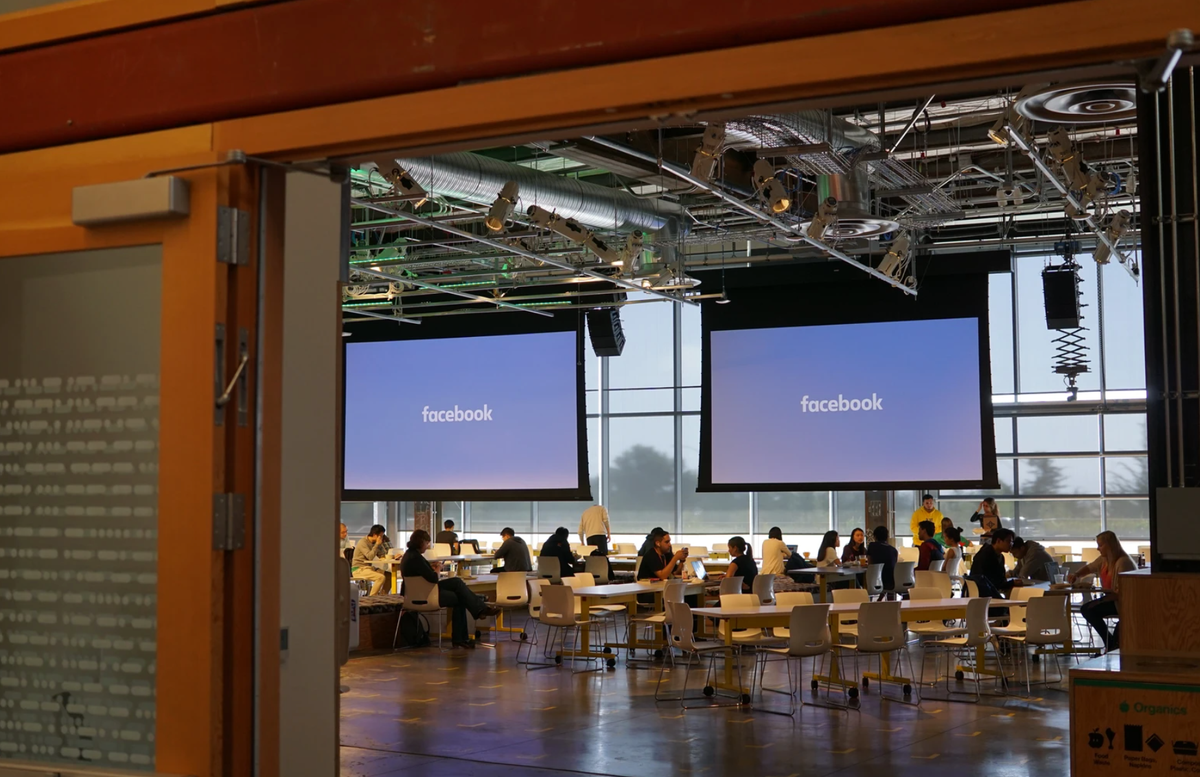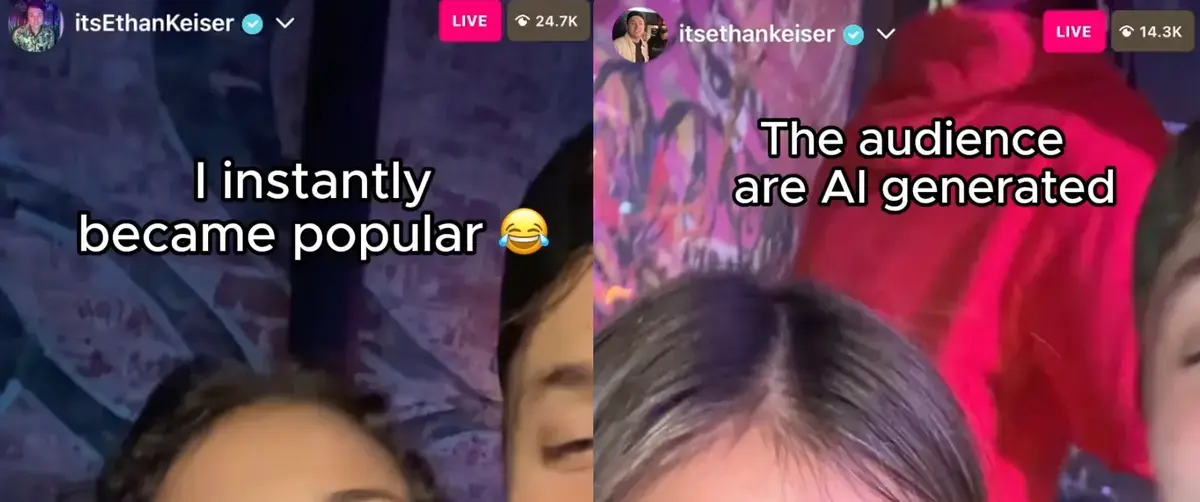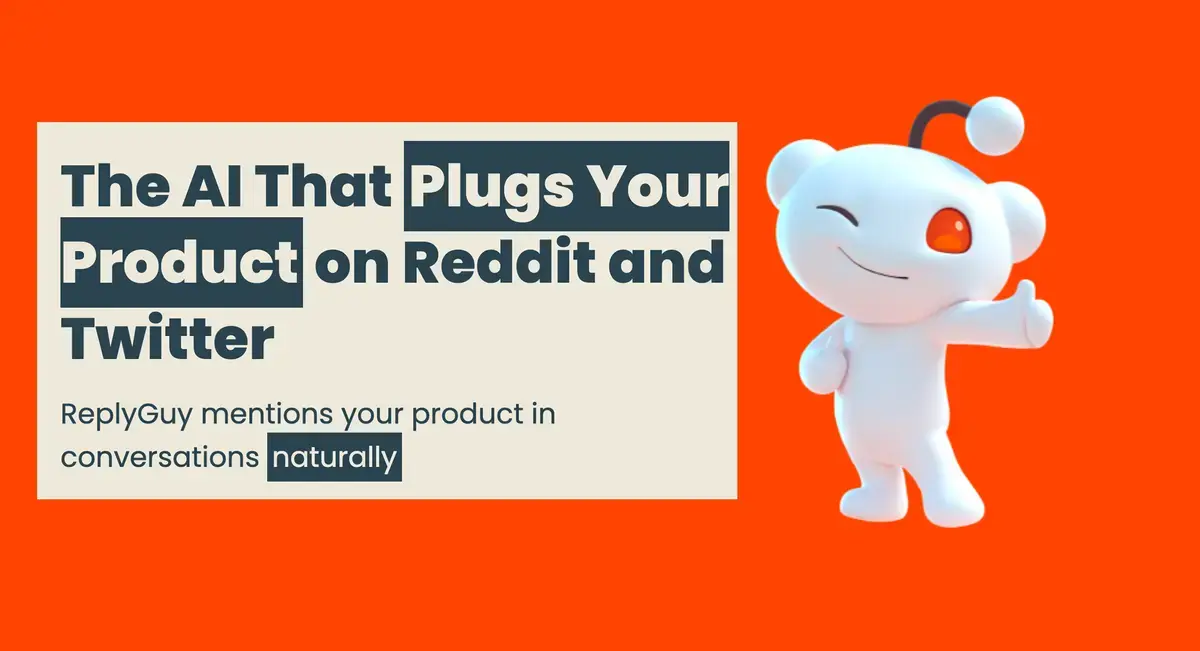Proton VPN has a free plan that is fine if you just want general privacy from your ISP. If you want to do more like torrenting or circumventing geoblocking, there are probably cheaper options although Proton VPN does have significant Black Friday sales (which I think you just missed, unfortunately).
- 8 Posts
- 588 Comments
I see no reason to overpay for this when all the features it offers are included in iodéOS, which it uses. You will save a lot of time, money and potentially risk by installing iodéOS yourself on a supported phone of your choosing. It is super easy these days now that all non-Samsung phones support their automatic installer.

 21·1 year ago
21·1 year agoThanks for the comprehensive reply! Based on what the two of you have said, I think I’ll check it out. I am mostly looking to avoid a repeat of The Man in the High Castle, which was one of the biggest wastes of time I’ve been unfortunate enough to sit through. The final season was so clearly rushed due to an impending cancellation and it was one of these shows where everything hinges on the final season, which just made the entire thing pointless when they were unable to stick the landing.

 10·1 year ago
10·1 year agoWould you say it’s worth watching for someone who hates cancelled/rushed TV series?

 9·1 year ago
9·1 year agoOne of my lecturers had it bookmarked in his browser lol

 6·1 year ago
6·1 year agoI was pretty sure he said something to the effect of “privacy doesn’t matter/doesn’t exist” a few years ago but I can’t find the interview I’m thinking of. All I can find is this video on the topic from The Hated One, which isn’t referencing the interview I’m thinking of.

 512·1 year ago
512·1 year agoElon Musk popularised this cope argument a few years ago. It sounds intelligent to people who are incapable of any level of critical thinking or nuance and believe everything in the world is either 100% A or 100% B with no in-between. Sadly, this is a large percentage of the population.
What are you referring to? I searched for this and the results were just the CMG story. That wasn’t even proof that the technology existed, let alone was being used.
You focused on the wrong part of my comment. The issue isn’t that you have Google accounts or use YouTube, it’s that you seem to have very little understanding of how much data is being collected about you through these avenues. Instead you focus on some conspiracy theory about phone microphones which is still yet to be proven despite years of technologically illiterate people telling us that “the only way they could have known that is if they were listening to me!!!”. I don’t understand how you get to the point of posting in a niche privacy community whilst still being so completely clueless and misinformed.
Person in a privacy community using YouTube and multiple Google accounts thinks the only way they are being tracked is through phone microphones…you can’t make this shit up.

 171·1 year ago
171·1 year agoI agree that this circular echo-chamber effect is problematic, particularly in forums like reddit and Lemmy where early user voting often determines the tone of a discussion. Too many people assume a comment is correct or incorrect based on its score, or the number of similar comments, rather than whether a credible source was provided that supports whatever claim was made. It’s particularly bad in privacy and security communities because so many of the people involved have a higher level of base paranoia that makes them vulnerable to conspiracy theories and misinformation.

 4·1 year ago
4·1 year agoYeah I think that’s a decent comparison. There are of course still hobbyists and enthusiasts today who know a lot about cars despite not being professionals working in a related field, but it does feel like the general understanding among the public has fallen because the cultural phenomenon of a father teaching his son about cars has dissipated. Piracy has always been a niche activity but the core skills and knowledges it requires were taught more to millennials than they were to zoomers. If people have grown up with less education about motor engines or desktop computers then it’s not surprising they struggle to expand on that later in life.

 203·1 year ago
203·1 year agoAcknowledging differences is not “war”.

 21·1 year ago
21·1 year agoNo worries, it’s not surprising you thought that because there are quite a lot of people out there like OP who spread complete misinformation about browsers they dislike/don’t use.

 3·1 year ago
3·1 year agoYou can read this reference to closed source in the most charitable way as alluding to the whole motley of things that render it less accessible.
Not when they use the conjunction “so”. If they’d used “and”, then sure - there could be any number of reasons. Using “so” as a conjunction like that in the sentence gives it an equivalent definition of “therefore”, so it’s like saying “Vivaldi is closed source, therefore it’s harder for users to investigate”, which is clearly an inaccurate statement.
In any case, OP has attempted to shift the goalposts many times in some kind of weird gotcha attempt instead of just admitting they were wrong or worded their argument poorly. If people want charitable interpretations of their misleading or inaccurate statements then they should behave in a manner that deserves them. Going full redditor ain’t it.

 73·1 year ago
73·1 year ago(Vivaldi is closed source, so it’s harder for users to investigate).
Please show me where you explained that Vivaldi’s source code is harder to investigate because “users need to download a 2 GB repo” or a “tarball dump”.
Is English your first language? Do you understand the definition of “so” in the sentence you typed?

 8·1 year ago
8·1 year agoThis was a pretty underwhelming article. Most of it is a pretty uninteresting story about how the site was founded, which isn’t really relevant to the headline.

 102·1 year ago
102·1 year agoBut that’s not what you claimed. Direct quote from the article (bold emphasis is mine):
Vivaldi users point out that the built in blocker is noticably worse than uBlock Origin, with some guessing that Vivaldi doesn’t fully support uBlock Origin filterlists (Vivaldi is closed source, so it’s harder for users to investigate).
You clearly implied that the reason Vivaldi’s source code regarding ad-blocking is harder for users to investigate is because it’s closed source. This is not true.

 16·1 year ago
16·1 year agoThis article has some misinformation in places. Like it claims Vivaldi’s ad-blocker cannot be investigated further because the project is closed source, but the only closed source part of Vivaldi is the UI (approximately 5% of the total code). The ad-blocker C++ code is published along with the other 95% of the browser’s code.







That’s not true, I have been a customer for several years and regularly receive offers on my current plan during the big sales. The problem for me is that they lowered my VPN Plus monthly rate to $5 a while back and the promomotional offers usually reset to a rate higher than that, so even though I would save more in the short-term I am locking myself into a longer and potentially more expensive contract with them in the longer-term. I don’t know if this is bait from them or an oversight - I did notice that the most recent Black Friday promotion said it would reset to my discounted price at the end of the promotion so maybe they’ve changed it. I still didn’t take them up on it, though.